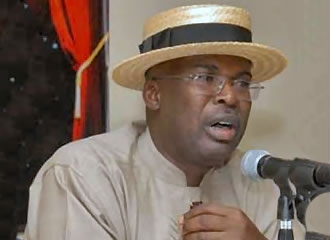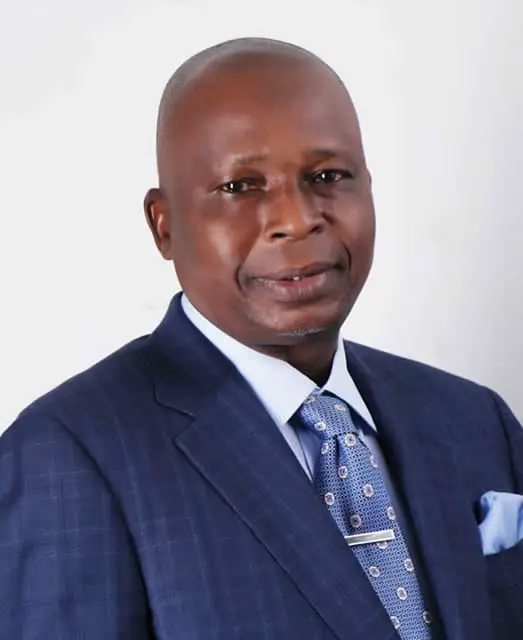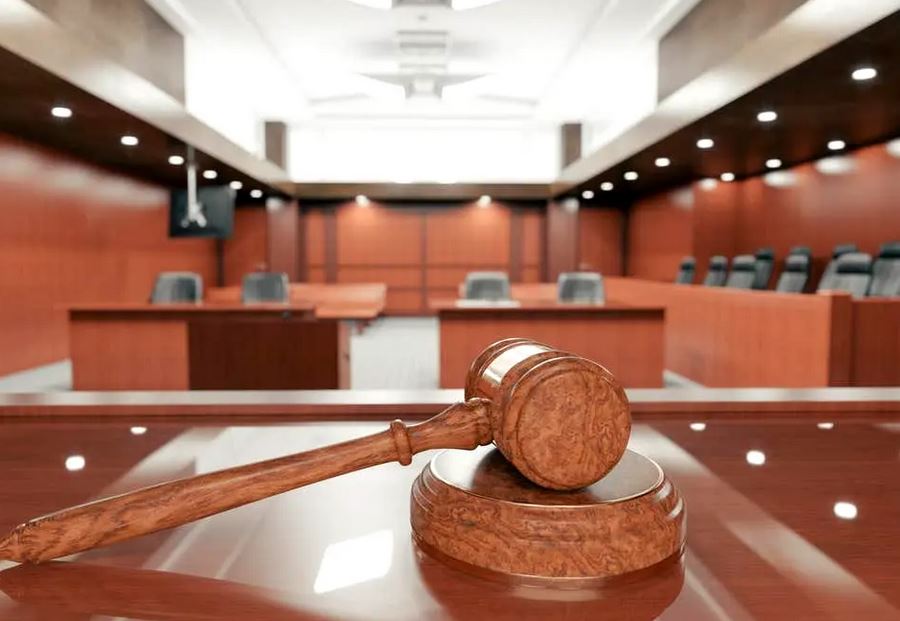The Attorney General of the Federation and Minister of Justice, Prince Lateef Fagbemi (SAN), has urged the judiciary and legislature to reject attempts to frustrate the government.
He gave the charge while delivering a paper entitled, “Strengthening the Synergy between the Executive, Legislature and Judiciary under the Rule of Law – Executive Perspective,” in Abuja at the hybrid refresher course for judges and Khadis.
A statement by Kamarudeen Ogundele, the Special Assistant to the President on Communication & Publicity, Office of the AGF& Minister of Justice stated that the event chaired by the Chief Justice of Nigeria, Olukayode Ariwoola, was held at the National Judicial Institute (NJI) in Abuja.
Fagbemi said, “It is my firm submission that the courts must continue to reject any attempt to be manipulated or employed by any individual or entity for personal benefit. In this regard, situations where private persons seeking to scuttle the government’s procurement procedures as provided in the procurement laws or other governmental processes, by approaching the courts to acquire spurious injunctions, should be rejected by the courts.
“On the other hand, the judiciary has the responsibility to pronounce on government processes or action(s) that are not in line with the law or in the interest of the advancement of society, thereby serving as a tool for socio-economic advancement.”
Emphasising that the principle of Separation of powers is a hallowed constitutional principle of the democratic government of Nigeria, the AGF said the three arms of government must stay in their assigned tracks to avoid arbitrary excesses by any of the arms.
Stating that the constitution clearly provides for checks and balances, the minister said the division of powers amongst the three arms of government is, however, not absolute.
He therefore called for stronger synergy among the three arms of government for the betterment of the country.
“The need for synergy among the three arms of government cannot be over emphasized. All the arms of government must see themselves as partners in progress. Without the synergy and cooperation, the vision of our constitutional democracy is hardly achievable.
“Each arm must do all that is lawful to enhance the operation of government and no act must be done to undermine the vision of government and Nigeria as a democratic entity.
“The constitutional powers of the three arms of government overlap in some cases and each of them connects with the others at various points.”
He went on: “It has been observed that the judiciary is often called upon to adjudicate on the relationship between two or even all three arms of government. All this must be done according to the rule of law.
“An independent and efficient court system is a corner stone of the rule of law. Where the judiciary falters, that is a clear invitation to anarchy. This must never happened.
“In the same vein, the legislature must, at all times, work in such a way to help enhance the performance of the executive arm.
“This is so because virtually all the policies to be implemented by the executive in a democratic setting emanate from laws passed
and/or to be passed by the legislature.”
“Therefore, it is in the best interest of the system for the legislature not only to pass such laws that would boost the work of the executive, but they must also initiate such developmental bill and where existing laws are constituting impediments, efforts at amending same to achieve better results must quickly be embarked upon and seen to conclusion in record time, it is only by so doing that the desired collaboration between both arms of government can be achieved.”
The minister assured that his office had the responsibility to ensure that the
decisions of the courts are not only enforced, but to also cause a review of policies and governmental processes in order to align
same with extant laws.
“The office is also available to address any lapses or other strategic issues that inhibit the judiciary from carrying out its constitutional functions,” he added.










